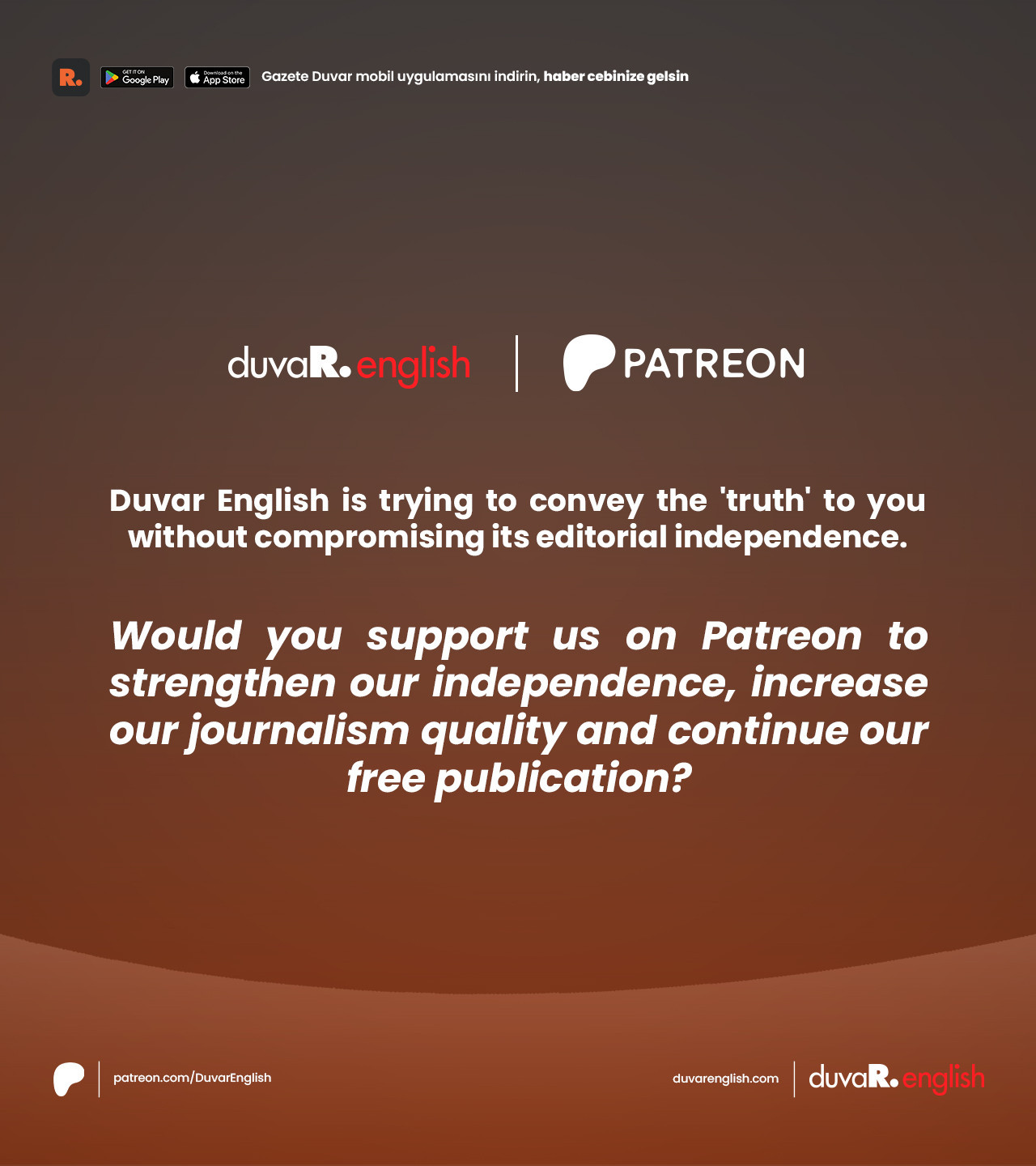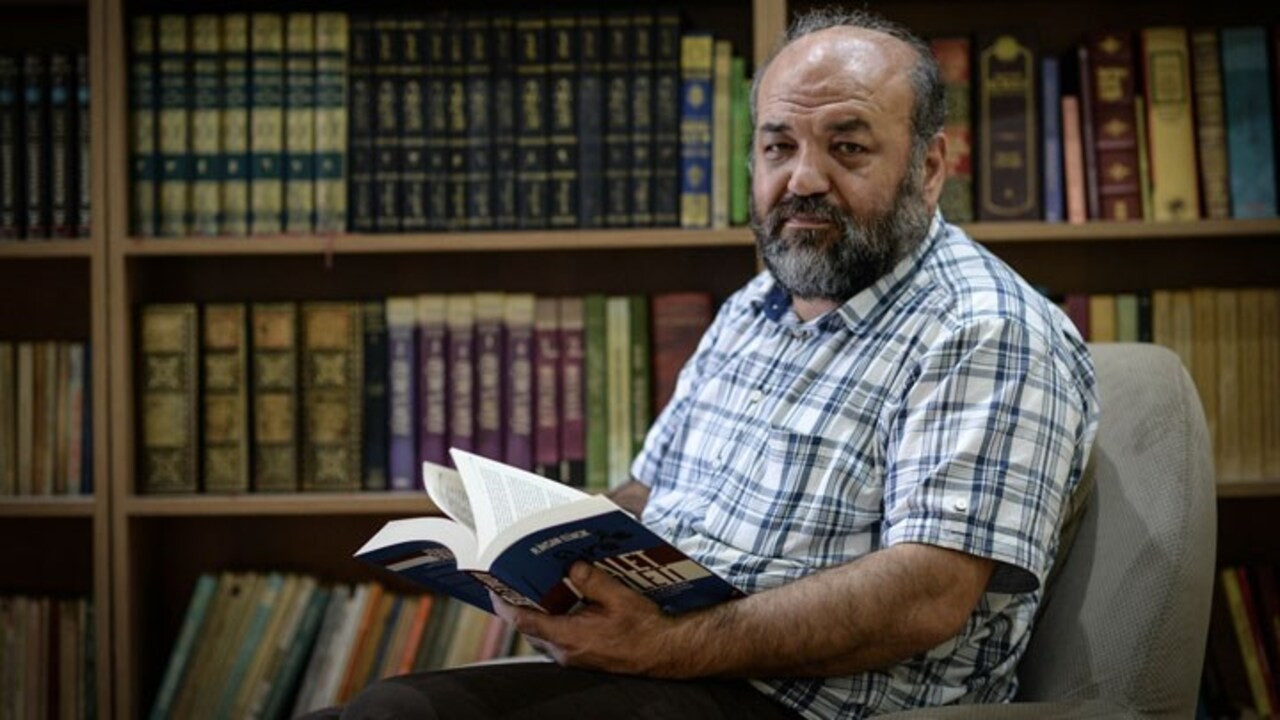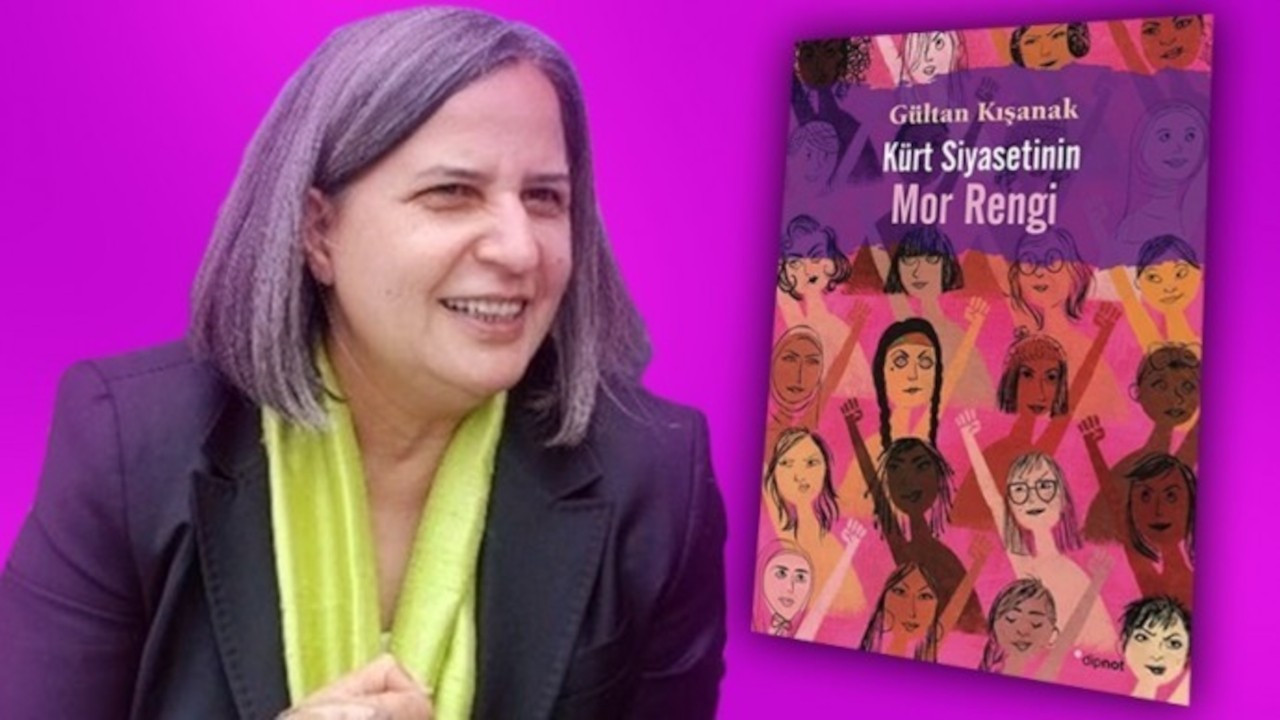Turkey bans 120 Kurdish-language publications in three weeks
Turkish authorities have banned 120 Kurdish-language or related publications in the last three weeks. Kurdish publishing houses and associations criticized the bans as "legally baseless" and "nonsensical."
Duvar English
The Kurdish Publishers Association (YEWKURD) on Dec. 22 announced that Turkish authorities banned 120 Kurdish-language books, magazines, newspapers, or publications related to Kurds, in the last three weeks. The banned works included books about Mustafa Barzani, founder of the Kurdish Regional Government, and sociologist İsmail Beşikçi.
Speaking to Kurdish online news outlet Rudaw, YEWKURD official Jihat Rojhılat criticized the bans, stating, "Even in the 1990s, this many books were not banned at once. Recently, 120 books were banned. This belongs in the Guinness Book of Records."
He added that these bans were not legitimate according to Turkish law, as Article 3 of the Press Law specifies that books or magazines cannot be banned without evidence.
One of the publishers affected was Avesta Publishing, which had 14 of its books banned in a short time.
Songül Keskin, a representative of Avesta Publishing, spoke about the bans, saying, "One of the books is about Kurdish mythology, but it doesn't even mention Kurds. Moreover, it wasn’t the first edition that was banned; it was the third edition. Publishers are given six months to amend the books. They raid homes, see the books, and then impose the bans."
Turkish police in early December confiscated books at a book fair organized in southeastern Diyarbakır province, including the Kurdish book Dildarê Serkeftinê (The Afrin Resistance Diary) which chronicles the civil war in Syria's Afrin province.


 Police confiscate books by Kurdish publishing house during book fair in southeastern DiyarbakırDomestic
Police confiscate books by Kurdish publishing house during book fair in southeastern DiyarbakırDomestic Turkish court bans theologian’s Quran translation after Diyanet’s applicationDomestic
Turkish court bans theologian’s Quran translation after Diyanet’s applicationDomestic Turkish court bans imprisoned Kurdish politician Gültan Kışanak's bookDomestic
Turkish court bans imprisoned Kurdish politician Gültan Kışanak's bookDomestic